Keynote speaker
Presentations at the conference
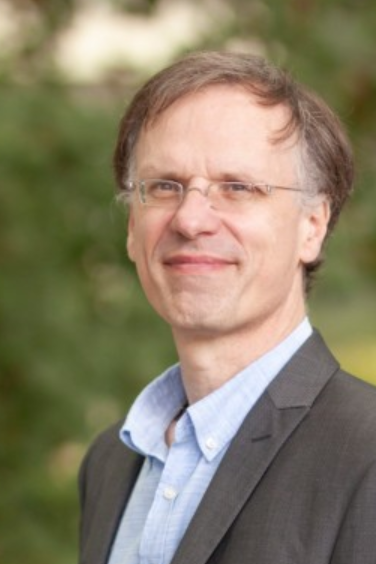
Prof. Dr. rer. nat. Matthias Günther
Deputy Institute Director Fraunhofer Institute for Digital Medicine MEVIS, Bremen, Germany.
Matthias Günther studied Physics at the University Heidelberg and did his PhD at the Cancer Research Center in Heidelberg on Arterial Spin Labeling development and applications. After receiving his PhD he joined Advanced MRI Technology, a company founded by David Feinberg in California. After three and a half years, Dr. Günther came back to Germany to found his own company in Heidelberg, mediri GmbH, offering (research) services for image-based clinical trials. He also continued his scientific career at the Universitätsmedizin Mannheim. After Habilitation in 2008, he became Professor at the University Bremen and joined Fraunhofer MEVIS in Bremen as part of the management board. He is now deputy institute director of Fraunhofer MEVIS with a joint professorship on MR-Physics. (Keywords: reconfigurable metamaterials to imporve MRI, Arterial Spin Labeling, hemodynamics, blood brain barrier)
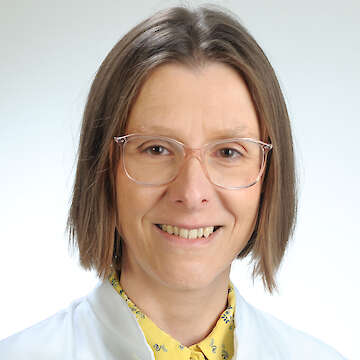
Prof. Dr. med. Inga Voges
Clinic for Congenital Heart Defects and Pediatric Cardiology, University Hospital Schleswig-Holstein – Campus Kiel, Germany.
Inga Voges is a paediatric cardiologist and the lead of the cardiovascular magnetic resonance (CMR) group in the department of congenital heart disease and paediatric cardiology at UKSH Kiel. She has a long-standing clinical experience in CMR in paediatric cardiology and adults with congenital heart disease. Her research interests are focused on the use of CMR for the long-term follow up of patients with univentricular heart disease, 4D Flow and CMR reference values.
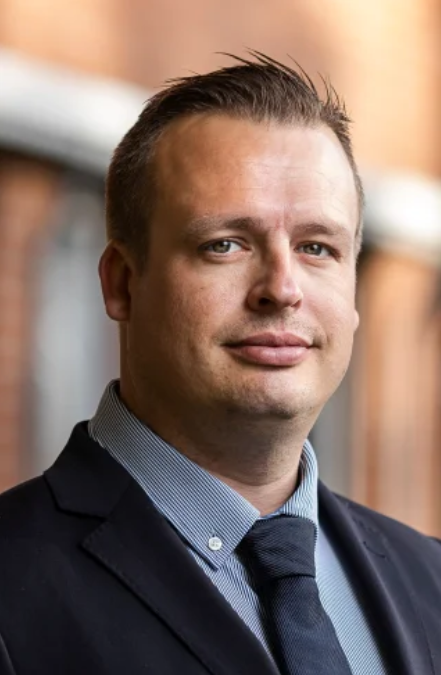
Prof. Dr. Med., Phd, Christoffer Laustsen
Department of Clinical Medicine – The MR Research Centre, Aarhus University, Aarhus, Denmark.
Christoffer Laustsen is a proffessor of translational MRI and the head of the MR research department at Aarhus University, Denmark. With over a decade of experience in X-nuclei NMR and MRI and in particular hyperpolarized 13C MRI and metabolic research. He has authored over 160 peer-reviewed publications and received notable accolades, such as the Lundbeck Young Investigator Award. (keywords: metabolic fingerprints of heart disease, hyperpolarized 13C MRI)
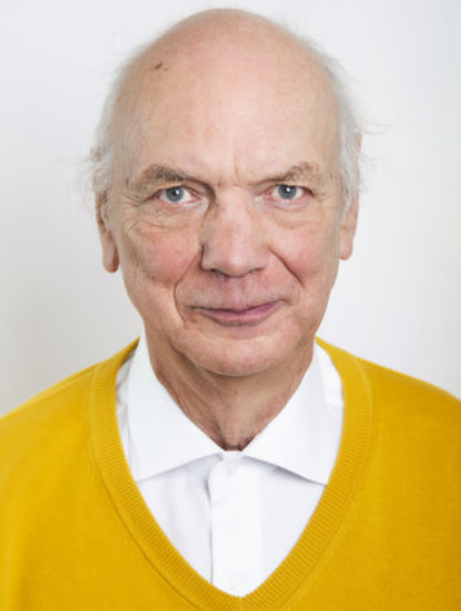
Prof. Dr. Dr. h.c. em. Jürgen Hennig
Medical Physics, Department of Radiology, University Medical Center Freiburg, Germany.
Development of new methods and technologies in Magnetic Resonance Imaging and Spectroscopy and their application in fundamental, preclinical, translational and clinical research and clinical applications. Key areas of applications are oncology, neuroscience and neurology, cardiovascular disease, metabolic disease.
He studied chemistry in Stuttgart, London, Munich and Freiburg and obtained his doctorate in physical chemistry in 1980. After postdoctoral positions in Freiburg and Zurich, he was a research fellow in Freiburg from 1983 to 1992 and habilitated in medical physics in 1988. In 1993, he became a full professor at the Universität Freiburg and held various senior positions, including Research Director and Co-Chair of the Department of Radiology – Medical Physics. He retired in 2021.
Prof. Hennig has received numerous awards, including the European Magnetic Resonance Award (1992), the Gold Medal of the Society of Magnetic Resonance (1994) and the Max Planck Prize (2003). He is an honorary member and honorary doctor of several international societies and universities.
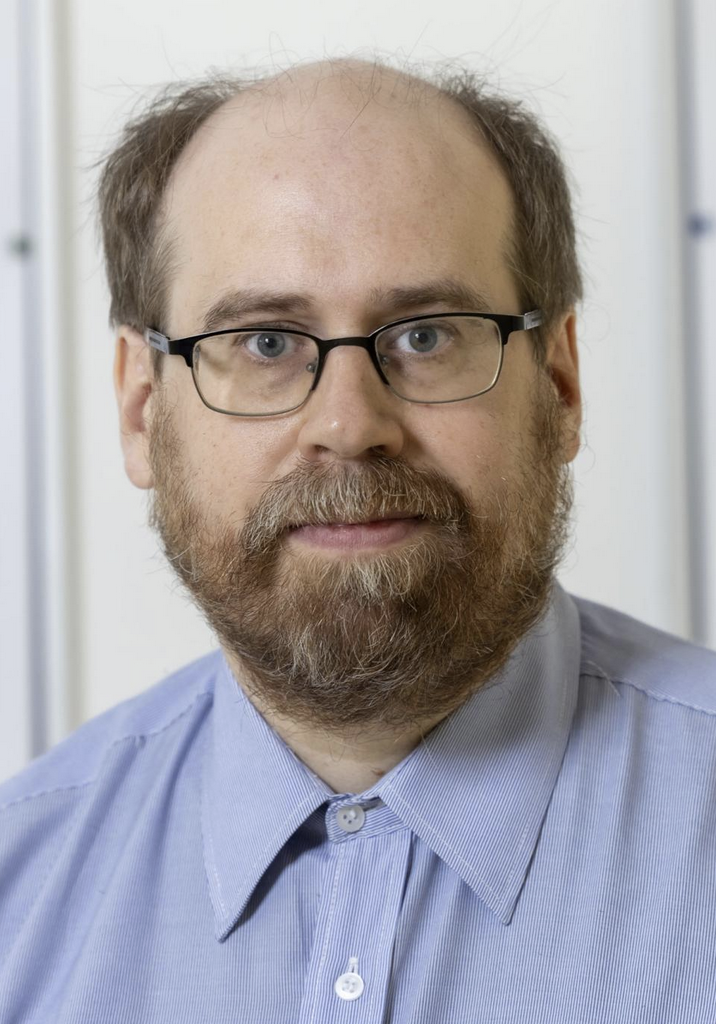
Prof. Dr. rer. nat. Martin Uecker
Institute of Biomedical Imaging, Graz University of Technology, Graz, Austria
Martin Uecker is professor for biomedical imaging and the head of the Institute of Biomedical Imaging at the Graz University of Technology. He studied physics and mathematics in Göttingen and obtained his PhD at the Max-Planck-Institute for biophysical Chemistry in Göttingen in 2009. He then had postdoctorial positions in Göttingen and at the University of California in Berkeley, before being appointed as an associate professor in the Department for Diagnostic and Interventional Radiology at the University Medical Center Göttingen in 2015. In 2021 he then became a full professor in Graz. His main research interest is the development of new computational imaging methods for MRI. He is the main author of the open-source BART toolbox.